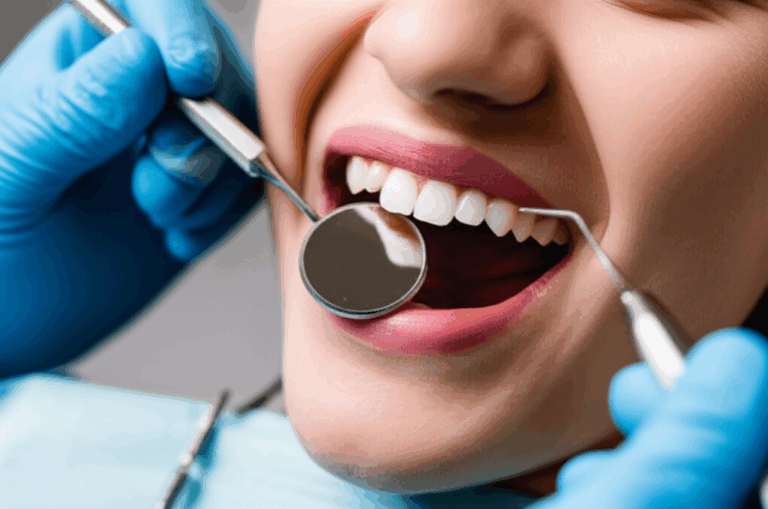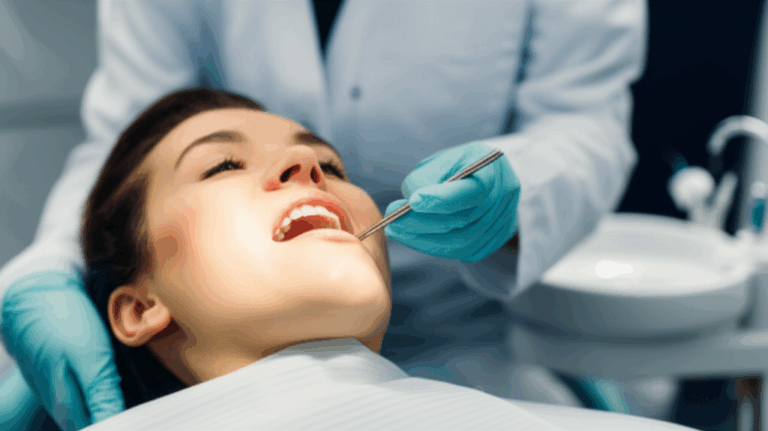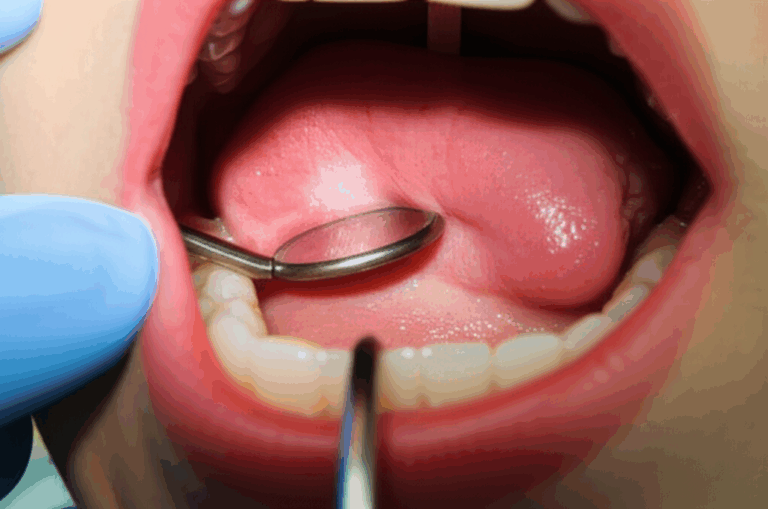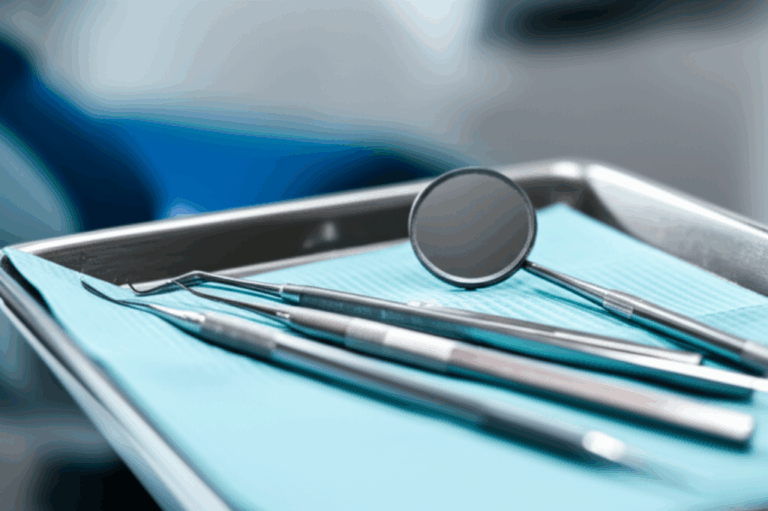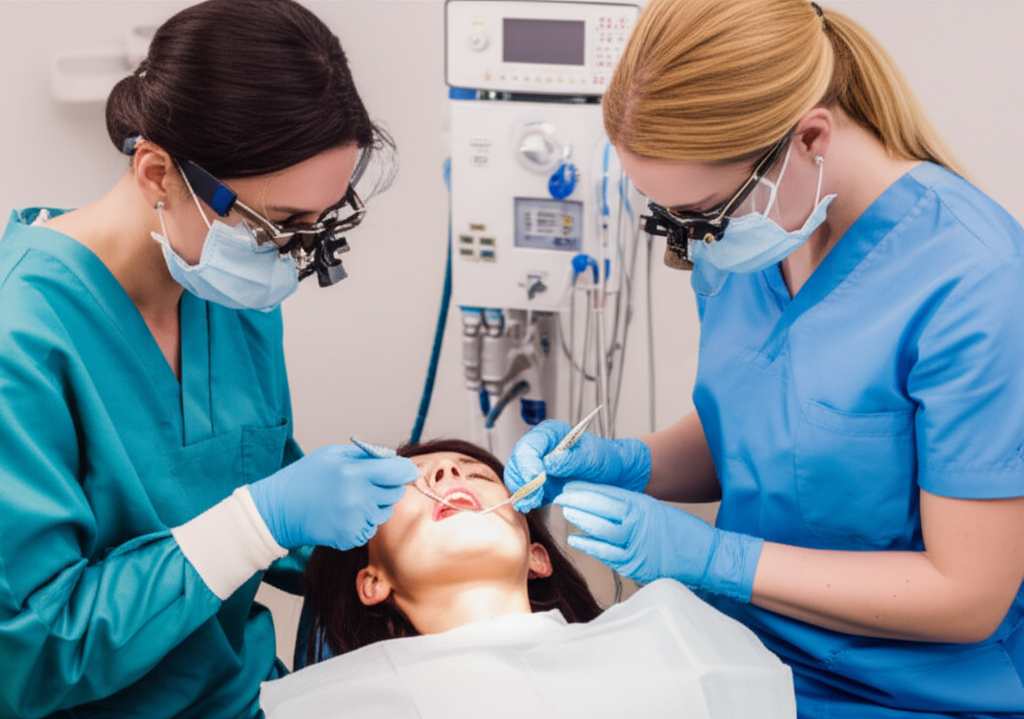
What is a Dentist Anesthesiologist? Your Guide to Specialized Dental Anesthesia
Table of Contents
Introduction: Demystifying the Dentist Anesthesiologist
If you ask me what was the biggest surprise in my years working in dentistry, I’d tell you it’s the world of dental anesthesia. I often saw people get confused when I said I was a dentist anesthesiologist. Some thought my only job was to numb teeth. Others mixed up my job with oral surgeons or general anesthesiologists. The truth is, a dentist anesthesiologist is a dentist who spends all their time making sure anesthesia for dental work is safe and comfortable.
Special anesthesia isn’t just extra in modern dentistry—it’s needed. If you’re afraid of the dentist, care for a child with special needs, or have health problems that make dentist visits harder, a dentist anesthesiologist can be the reason you get care instead of staying away.
Who does our work help? Let me break it down:
- Kids who need lots of dental treatment
- Adults or children who are very nervous around dentists
- People with disabilities, either physical or mental
- Anyone having a long or tough dental surgery
- People with health issues that make regular dental work risky
Let’s look at this often misunderstood type of dentist, and answer your questions about what we do and why it matters.
The Role of a Dentist Anesthesiologist: Beyond Basic Sedation
What’s different about what I do compared to a general dentist who offers “sedation dentistry”? Well, my job starts before I come into the room and keeps going after your procedure is over.
Types of Anesthesia We Handle
Dentist anesthesiologists are trained to give every kind of dental anesthesia, like:
- General Anesthesia: You are fully asleep, can’t feel anything, and won’t remember the dental work.
- Deep Sedation: You’re not fully asleep, but very relaxed, pain-free, and can be woken up if needed.
- Moderate (Conscious) Sedation: You feel sleepy but can still listen to simple directions. A lot of people don’t remember the procedure.
- IV Sedation: Medicines are put in your veins for quicker and stronger effect.
Choosing the right kind of anesthesia for each person isn’t always black and white. It needs careful listening and watching, and sometimes, a bit of gut instinct from years of practice.
Patient Assessment and Risk Stratification
My first job is always to get a full picture of your health. I ask about your history, allergies, medicines, and any past problems with anesthesia. If anything looks even a little risky—like trouble breathing, sleep apnea, or diabetes—I’ll talk to your doctor. Safety always comes first.
Continuous Monitoring: Your Safety Net
During your visit, I keep an eye on your heart, blood pressure, oxygen, and breathing the whole time using special monitors. Sometimes, a kid’s heart rate goes up when anesthesia starts, or a grown-up’s blood pressure climbs because of nerves. Spotting small changes and fixing them quickly is a big part of the job.
Managing Complications and Emergencies
People may not know, but lots of time goes into getting ready for things that rarely happen. I am trained in emergency care just in case, always have emergency medicines and airway tools nearby, and know how to act fast if something goes wrong—even if it usually doesn’t.
Post-Operative Care and Recovery
Even after the dentist is finished, I stay with you until you are awake, breathing well, and feeling okay before you go home.
Once you see how much we do, it’s clear—a dentist anesthesiologist isn’t just a helper. We are there for you from start to finish.
Extensive Training and Qualifications: A Path to Expertise
Honestly, becoming a dentist anesthesiologist is not easy. It takes dedication, a lot of school, and a mindset to keep learning. Here’s the simple path.
Foundational Dental Education (DDS or DMD)
Like all dentists, I started with dental school—four years studying biology, how teeth work, and doing dental work on patients.
Specialized Residency: Deep Dive into Anesthesia
After dental school, I went through a tough three to four year training called a residency in dental anesthesiology. A lot of it was in hospitals, learning with medical anesthesiologists, practicing how to care for children, people with heart problems, emergencies, and more.
It’s not just about putting people to sleep. We learn how to:
- Give anesthesia to everyone from little kids to older adults
- Take care of people with health problems
- Stay calm and act fast in an emergency
- Use all kinds of anesthesia, from laughing gas to general anesthesia with special airway tools
Board Certification and Ongoing Education
After training, I had to pass hard written and spoken tests with the American Dental Board of Anesthesiology. The tests check not just facts, but also quick-thinking and judgement in tough cases. Passing means you really know your stuff.
This is not the end! We have to keep up with new learning every year and keep our emergency training current.
Why All This Training Matters
I always tell people: All this training is so I can spot problems before they get big. It means I’m ready instead of just hoping nothing happens.
Why a Dentist Anesthesiologist is Essential: Enhancing Safety and Access
After a lot of years in this field, I see why dental anesthesiologists are needed—not just nice to have. Here’s what I’ve learned.
Unmatched Patient Safety
If you worry that dental anesthesia is dangerous, you’re not alone. Even though serious problems are rare, they can be big if they happen. Because I focus just on you—not doing the dental work while keeping an eye on your heart and breathing—I can react in seconds. My training in emergency care, knowing drug effects, and using fast monitoring tools means you’re in good hands.
Using things like pulse oximetry and capnography helps me notice problems with breathing early, way before they get serious.
Helping People with Dental Fear
Millions of people in the US—more than 75 million—are scared of the dentist. I get it. Some grown men shake before a checkup, and some kids cry when they see the dental chair.
A dentist anesthesiologist can turn a scary visit into a safe, painless one. I’ve helped lots of people who avoided the dentist finally get work done. With the right anesthesia and a calm approach, over 95% of nervous patients can finish dental work they thought was impossible.
Caring for People with Special Health Needs
I still remember a four-year-old with autism who couldn’t stand dental visits. For him, general anesthesia was the only way. It’s not just for kids. Adults with disabilities or health problems often need deep sedation—even for basic work.
Almost 1 in 5 children have special healthcare needs. These families need someone who knows how to keep their child safe and comfortable.
Allowing Tough or Long Procedures
Imagine needing lots of teeth removed or new teeth (implants) or a full-mouth repair. It’s hard to stay still for hours. With the right anesthesia, the dentist works faster and you’re comfortable. Treatments become safer and more predictable.
Whether it’s a dental implant, getting wisdom teeth out, or other big cases, having a dentist anesthesiologist can make a big difference.
Where Do Dentist Anesthesiologists Practice?
A question I get often: “Do I need to go to a hospital for special anesthesia?” Good news—dentist anesthesiologists work in lots of places where you feel at ease.
Private Dental Offices
Many of us travel to dental offices with portable equipment. Kids or people with special needs often do better in familiar places. I’ve even worked with teams at removable denture labs and digital dental labs to give care right where patients feel comfortable.
Ambulatory Surgical Centers
If someone has more health risks or needs long treatment, I can work in an outpatient surgery center. It’s a mix of hospital safety with the comfort of a dental office.
Hospitals
Some children with complex health issues, adults with big medical problems, or people needing very close watch are treated in the hospital. My hospital training and privileges help me work with doctors and nurses as a team.
Dental Schools and Teaching Locations
You’ll also find dentist anesthesiologists teaching at dental schools, helping train new dentists on how to safely give anesthesia.
Dentist Anesthesiologist vs. Other Providers: Understanding the Difference
Lots of people get confused about who does what with anesthesia. Here’s an easy way to understand it.
Dentist Anesthesiologist vs. General Dentist (With Sedation Permit)
Some general dentists take short classes to get permission for basic sedation. That’s okay for simple things. But, they’re usually doing both the dental work and keeping an eye on the anesthesia. The training isn’t as deep as what dentist anesthesiologists get.
When things are tricky, or deep anesthesia is needed, it’s safer to have a dedicated person watching only you—not the dentist trying to do two things at once.
Dentist Anesthesiologist vs. Oral and Maxillofacial Surgeon
Oral surgeons often give anesthesia, but usually just for their own surgeries. On the other hand, I can give anesthesia for any dental treatment—crowns, cleanings for special needs kids, and more.
I work with oral surgeons, kids’ dentists, general dentists, and orthodontists. Flexibility is key.
Dentist Anesthesiologist vs. Medical Anesthesiologist
Medical anesthesiologists work mostly in hospitals. Their training covers all sorts of surgeries. But dental anesthesia has its own challenges: small mouths, nervous people, cramped space, and the dentist needing open access to the mouth.
My training taught me how to give anesthesia safely in dental settings—keeping a child still for a veneer, or dealing with an emergency with less backup. Both jobs need skill, but we focus on different spaces.
Conclusion: The Gold Standard for Dental Anesthesia
Looking back, I’m happy to see how dental anesthesiology has changed dental care for lots of people. If you take one thing from all this, let it be: a dentist anesthesiologist isn’t a luxury, but a must-have for anyone who wants pain-free, safe dental visits.
Here are the key points:
- Safety first: My whole job during your treatment is to keep you safe.
- Comfort and kindness: I’ve helped nervous adults, scared kids, and people with tough health situations get the dental work they thought could never happen.
- Special training: Years of practice and learning mean you get the safest, smoothest visit.
If you’re nervous about going to the dentist, or care for someone with special needs or health problems, ask your dentist about finding a dentist anesthesiologist. In my experience, everyone deserves to smile—without fear or pain, and with safety at every step.
Thanks for learning about what makes this field so important. If you want to know more or find other quality dental care tips, check out resources like china dental lab. Your comfort, health, and peace of mind matter. Don’t settle for less.

